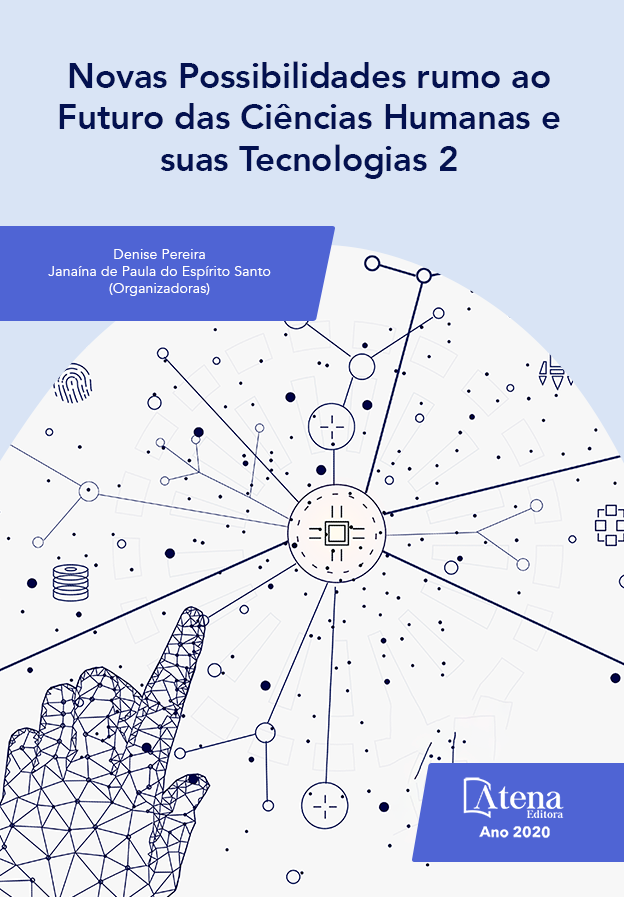
(DES)SUBALTERNIZAR O “BRASILEIRO NATIVO” NA FORMAÇÃO DA SOCIEDADE DOS CURRAIS: CRÍTICA AO EUROCENTRISMO A PARTIR DA PERSPECTIVA DECOLONIAL
Considerando-se a Análise Crítica do Discurso e o “campo” da decolonialidade, neste estudo discute-se uma possibilidade de se colocar sob rasura a condição de subalternidade imputada às sociedades nativas durante o período colonizador, bem como reivindicar um lugar de protagonismo desses grupos na formação da sociedade brasileira naquele período. Tomou-se como referência a formação da Sociedade dos Currais localizada no Vale do curso médio do Rio São Francisco, dado a sua importância no processo de interiorização da colônia entre a segunda metade do século XVII e as primeiras décadas do século XVIII. O diálogo entre texto, contexto e discurso, numa perspectiva histórica, mostrou-se significativamente profícuo.
(DES)SUBALTERNIZAR O “BRASILEIRO NATIVO” NA FORMAÇÃO DA SOCIEDADE DOS CURRAIS: CRÍTICA AO EUROCENTRISMO A PARTIR DA PERSPECTIVA DECOLONIAL
-
DOI: 10.22533/at.ed.78120090910
-
Palavras-chave: Brasileiro nativo. Conquista. Análise Crítica do Discurso. Decolonialidade.
-
Keywords: Native Brazilian. Conquest. Critical Discourse Analysis. Decoloniality.
-
Abstract:
Considering the Critical Discourse Analysis and the “field” of decoloniality, this study discusses the possibility of undermining the condition of subordination imputed to native societies during the colonizing period, as well as claiming a leading role for these groups. in the formation of Brazilian society at that time. It was taken as reference the formation of the Corral Society located in the valley of the middle course of the São Francisco River, given its importance in the process of interiorization of the colony between the second half of the seventeenth century and the first decades of the eighteenth century. The dialogue between text, context and discourse, from a historical perspective, proved to be significantly fruitful.
-
Número de páginas: 15
- JOÃO BATISTA DE ALMEIDA COSTA
- Paulo Robério Ferreira Silva


